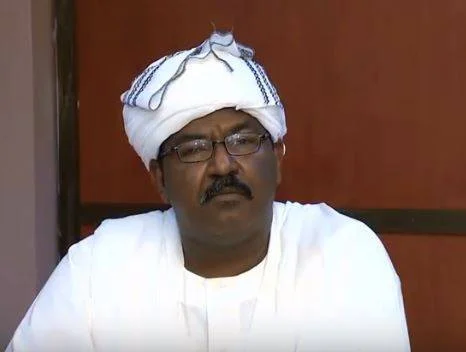Crossings of Failure..!

By: Al-Tahir Sati
The border crossings in Northern Sudan are a disgrace to the nation. At the Argeen and Ashkeit crossings, around 2,500 stranded returnees are in dire need of humanitarian services. Abdel Rahman Ali Khairi, the Humanitarian Aid Commissioner in the Northern State, said:
“The crossings are not prepared to receive these numbers.”
With the returnees piling up at Argeen and Ashkeit, a fire broke out three days ago, devouring the passenger hall at the Ashkeit land crossing. This disrupted passenger movement and worsened the congestion. As usual, they called for fire trucks from the Egyptian side to extinguish the fire, which came, did the job, and returned.
Forget about addressing the root causes of congestion and fire hazards—for despite the tolls, taxes, and fees burdening travelers, the authorities have failed even to provide a fire truck at the crossings and customs yards, even though the Civil Defense Police receives a share of these fees.
You may recall that on October 2, 2023—two years ago—Chairman of the Sovereignty Council, Abdel Fattah Al-Burhan, visited the Argeen crossing in Wadi Halfa. He promised to improve the situation there. But the condition of all crossings remains poor, with no positive change—only worsening.
The government has failed to fulfill its promise of reform because it entrusted the matter to the wrong people. Alongside overcrowding, fires have become a recurring disaster—man-made, due to negligence, poor management, and lack of accountability. There have been multiple fires in the past period, not just the Ashkeit incident.
Let’s not forget: in June last year, a massive fire consumed the homes of workers at the Argeen crossing—homes made of makeshift huts and shacks that officials shamelessly describe as “informal,” which they truly are. Yes, within the crossing premises and just 400 meters away lies an area full of haphazard shacks—something you’d only see in Sudan.
When those shacks caught fire, as always, they turned to the Egyptian authorities for help. Ironically, the director of the crossings holds the rank of Lieutenant General—Lt. Gen. Yasser Mohamed Othman. His fellow officers courageously extinguish the fires of the Dagalo family, yet he is unable to put out a crossing fire without calling Egyptian firefighters.
The Sovereignty Council must realize that the northern crossings don’t need the treasures of Qarun or the gold of Muawiyah to become respectable crossings—on par with Egyptian or other modern ports. What they need is competent management that involves the private sector in their development.
Additionally, the dry ports of Dongola and Karima must be activated to reduce the load on Argeen. Banks and companies should be granted space to establish branches to streamline and speed up procedures. The private sector should be engaged in enhancing the environment with rest areas and services that respect human dignity—instead of the current slums.
The average daily revenue of these crossings exceeds 750 billion Sudanese pounds, yet they lack fire trucks, proper services, and basic infrastructure to receive a few thousand returnees. Meanwhile, Egypt’s crossings have handled hundreds of thousands of refugees. The situation is so dire that people are often forced to relieve themselves in the open wilderness of these chaotic zones.



